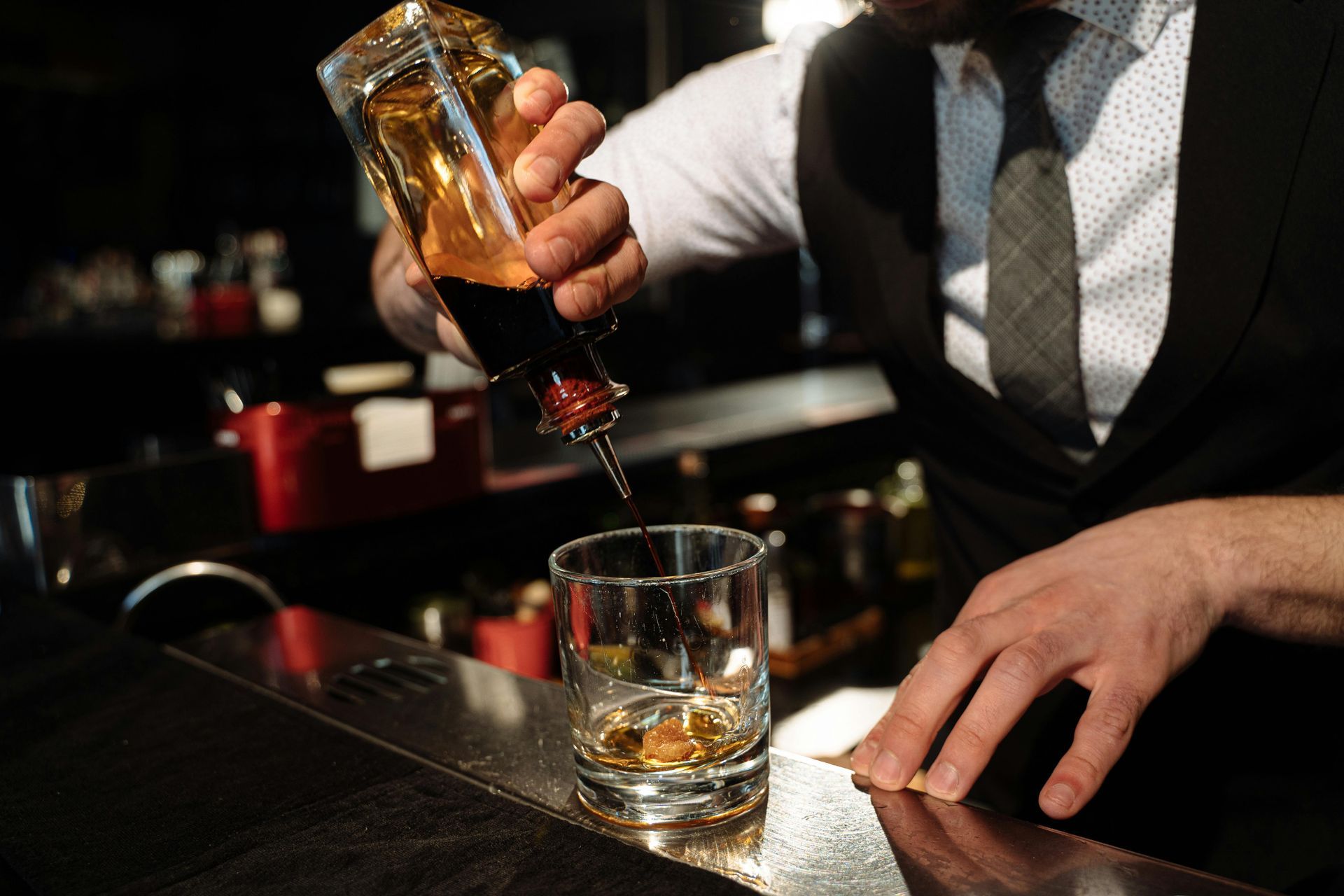To protect consumers from unsafe or deceptively labeled or packaged products by prohibiting the movement in interstate commerce of adulterated or misbranded food, drugs, devices, and cosmetics.

The cosmetics marketed in the United States, whether they are manufactured here or are imported from abroad, must comply with the labeling requirements of the Federal Food, Drug, and Cosmetic (FD&C) Act, the Fair Packaging and Labeling (FP&L) Act, and the regulations published by the Food and Drug Administration under the Authority of these two laws.
What is a cosmetic?
A cosmetic is a product, except soap, intended to be applied to the human body for cleansing, beautifying, promoting attractiveness, or altering the appearance.
The FD&C Act was enacted by Congress to protect consumers from unsafe or deceptively labeled or packaged products by prohibiting the movement in interstate commerce of adulterated or misbranded food, drug devices and cosmetics.
Our business attorneys can advise you on a wide range of FDA legal matters, including corporate law, contract law, copyright registration, trademark registration, mergers and acquisitions, corporate governance, and litigation.
The FD&C Act defines cosmetics as articles intended to be applied to the human body for cleansing, beautifying, promoting attractiveness, or altering the appearance without affecting the body's structure or functions. Included in this definition are products such as skin creams, lotions, perfumes, lipsticks, fingernail polishes, eye and facial make-up preparations, shampoos, permanent waves, hair colors, toothpastes, deodorants, and any material intended for use as a component of a cosmetic product. Soap products consisting primarily of an alkali salt of fatty acid and making no label claim other than cleansing of the human body are not considered cosmetics under the law.
Fair Packaging and Labeling Act
The FP&L Act was passed by Congress to ensure that packages and their labels provide consumers with accurate information about the quantity of contents and facilitate value comparisons. To ensure that packages and their labels provide consumers with accurate information about the quantity of contents and facilitate value comparisons. 15 U.S.C. 1451-1460
It shall be unlawful for any person engaged in the packaging or labeling of any consumer commodity (as defined in this chapter) for distribution in commerce, or for any person (other than a common carrier for hire, a contract carrier for hire, or a freight forwarder for hire) engaged in the distribution in commerce of any packaged or labeled consumer commodity, to distribute or to cause to be distributed in commerce any such commodity if such commodity is contained in a package, or if there is affixed to that commodity a label, which does not conform to the provisions of this chapter and of regulations promulgated under the authority of this chapter.
Federal Food, Drug, and Cosmetic Act
he FD&C Act prohibits the marketing of cosmetics that are adulterated or misbranded as well as their adulteration or misbranding while in interstate commerce. Sec. 301, FD&C Act.
A cosmetic is considered misbranded if.....
- labeling is false or misleading
- label does not state
- the name and address of the manufacturer, packer, or distributor
- the net quantity of contents
- the required information is not stated prominently, with conspicuousness and in terms that it is read and understood by consumers under customary conditions of purchase and use
- the container or its fill is misleading
Factors Determining Whether Labeling Is Misleading
Sec. 602, FD&C Act defines the conditions which cause a cosmetic to be deemed misbranded.
Factors Determining Whether Labeling Is Misleading
- Representations made or suggested
- Failure to reveal material facts:
- Material in light of such representations
- Material with respect to consequences resulting from the intended use
Sec. 201(n), FD&C Act
21 CFR 1.21
Labeling may be considered misleading not only because a label statement is deceptive but also because a material fact is not revealed on a label. A fact may be material in light of a statement made on a label or because certain consequences may result from the recommended use of a product.
Cosmetics That Are Also Drugs
The regulatory requirements for drugs are more extensive than the requirements applicable to cosmetics. For example, the FD&C Act requires that drug manufacturers register every year with the FDA and update their lists of all manufactured drugs twice annually. Additionally, drugs must be manufactured in accordance with current good manufacturing practice regulations as codified at 21 CFR 210 and 211.New Paragraph



Have an idea for a blog? Click and request a blog and we will let you know when we post it!










